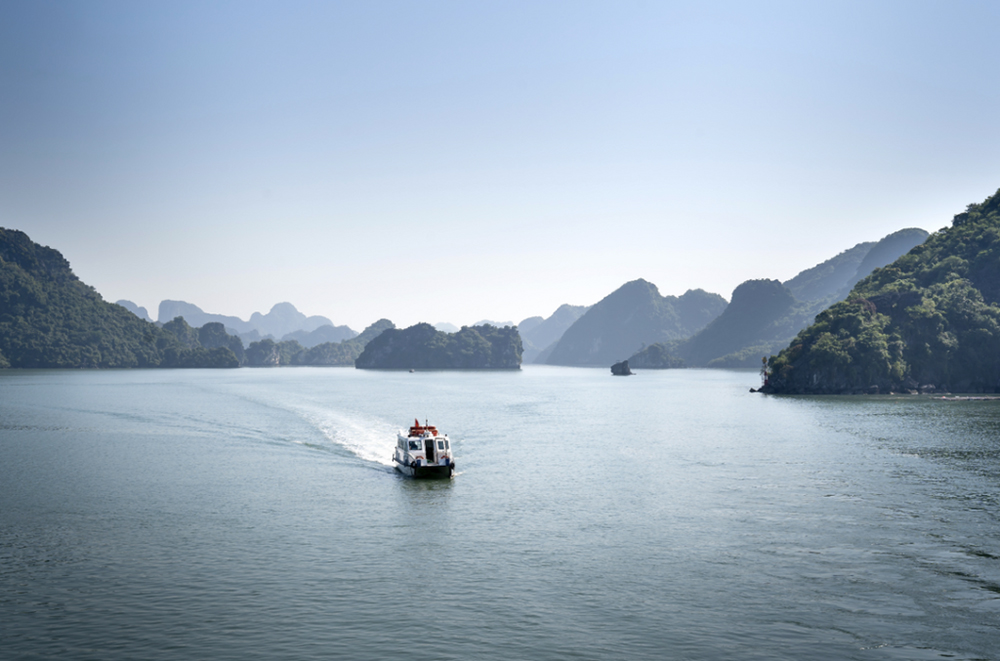|
Getting your Trinity Audio player ready...
|
By: Shiri Epstein
Embarking on international travel often comes with the challenge of navigating local transport – be it buses, trains or boats – in an unfamiliar setting and unfamiliar language.
Many countries do not have online access to vital information like departure times, the number of stops on a route and even whether seats are available. This means travelers must sometimes take a chance on whether a bus is full, on time or even arriving at all – and often in far-flung places.
Experiencing this struggle firsthand during his honeymoon in the Philippines, entrepreneur Noam Toister had an idea for a platform on which purchasing tickets for local transportation and accessing schedules in multiple countries would be easy for foreign travelers.
And so in 2017 he founded and became CEO of Bookaway, and joined with COO Omer Chehmer and CMO David Itzhaki.

Connecting with local agents, Bookaway helps people arrange a variety of travel arrangements in almost every country in the world (it is even currently running a trial in Afghanistan). It is based in Israel, however, and today specializes in travel plans there.
With Bookaway up and running, its management team realized in late 2019 that while the COVID-19 pandemic was beginning to make an impact on global travel, the situation would not last forever and people would be on the move once again in the near future.
This was the time, they believed, to expand in different countries, bringing four new foreign subsidiaries (in Argentina, Croatia, Singapore and Thailand) under the Travelier umbrella, along with Bookaway.
Toister became CEO of the new company and Chehmer its COO, while Itzhaki stayed at Bookaway as the chief executive officer.
“We are the only ones that back then, pre-vaccinations, that really believed the travel will come back and come back stronger,” Chehmer tells NoCamels.
Each subsidiary specializes in travel in its native country, but can be used to navigate other locations. And uniting the foreign companies under one title meant that users could access all five databases regardless of where they were or where they were headed.
“We centralized the majority of the business into a technology hub that will standardize all of our inventory and financial [payments],” says Chehmer.
“We are creating the number one standardized inventory database in the world and the biggest by far that can be accessed online,” he says.
This database can help users make smarter purchases by comparing prices, and in some countries offer departure times for local transport, even in places that are less technologically minded.
Chehmer explains that for him, Toister and Itzhaki, it was crucial to connect all the companies together, and create bases around the world that would give travelers the possibility of finding real assistance when it was most needed.
Travelier’s five subsidiaries also handle all of their internal company bureaucracy, including ticket purchases, employee management and financial transactions, through one platform.
“It’s basically a one-stop shop for all of the solutions,” says Chehmer.
Although many companies already provide a service for buying travel tickets online, none really are a single digital solution for travel that requires multiple stops and means of transportation.
And according to Travelier’s VP Brand & Communications Noa Greenfield, this is a massive gap in the market with a lot of potential.
“We are really the last segment within travel that has not been digitized. And this is the process that needs to happen to get consumers to shift from offline to online,” she says.
Greenfield explains that although they work with some hotels, the company is really focused on improving land and sea connections and on ways to get from one place to another more smoothly.
“The routes that get you from A to B, when you get to a destination like Thailand or the Philippines or any of the developing countries is very overwhelming,” she says.
“You want to have the experience that you’re used to, that very modern experience that you’re used to as a traveler.”
Travelier has received funding from venture capitalists and angel investors, and today also gets revenue from ticket sales by its subsidiaries. The company says that on average, it has 10 million unique visitors across its websites every month.

With such popularity already, Chehmer hopes that in the near future Travelier will become the booking.com of land and sea transportation, giving travelers a more enjoyable and easier experience while traveling around the world, especially in less developed nations.
“We are passionate about providing happiness to our users,” he says.
“We allow you to enjoy the trip even before you get to the hotel – that’s really a happy mission and that’s what we want to do.”





